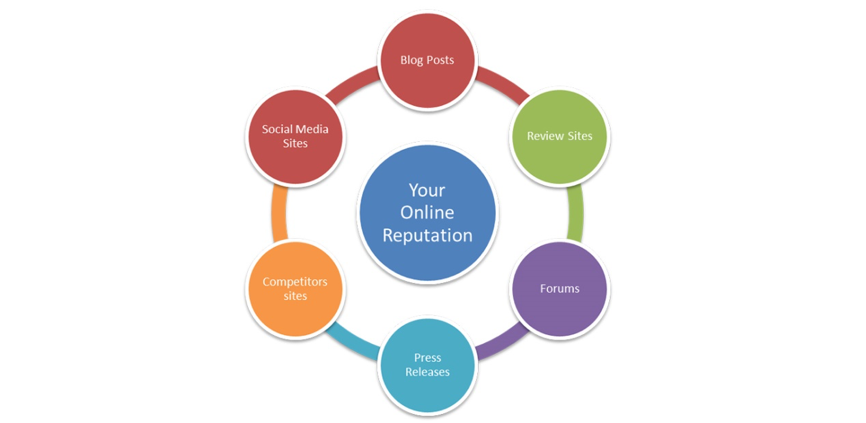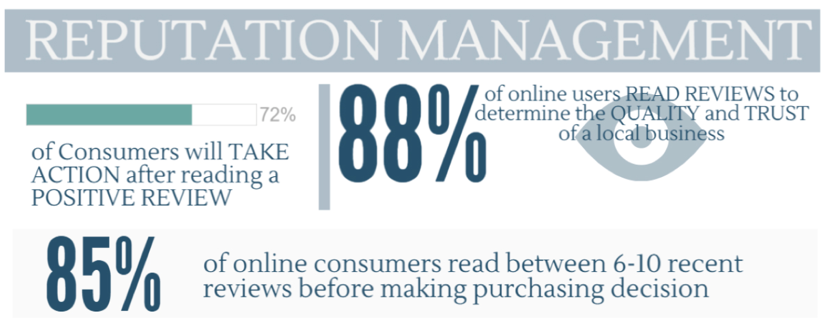White-collar crime is defined as a range of frauds committed by business and government professionals. The motivation behind these crimes is almost always financial—to obtain or avoid losing money, property, or services or to secure a personal or business advantage.
These crimes can do major harm…a single scam can destroy a company, wipe out a family’s life savings, or cost investors billions of dollars (or all of the above). Due to our advances in technology and intelligence, today’s fraud schemes are more sophisticated than ever.
The FBI is dedicated to using its skills to track down the culprits and stop scams before they start by targeting sophisticated, multi-layered fraud cases that harm the economy. FBI agents work closely with law enforcement and regulatory agencies such as the Securities and Exchange Commission, the Internal Revenue Service, the U.S. Postal Inspection Service, the Commodity Futures Trading Commission, and the Treasury Department’s Financial Crimes Enforcement Network and investigate criminal activities such as public corruption, money laundering, corporate fraud, securities and commodities fraud, mortgage fraud, financial institution fraud, embezzlement, fraud against the government, election law violations, and health care fraud.
What are the major threats of White Collar Crimes?
Corporate Fraud
Corporate fraud has the potential to cause immeasurable damage to the U.S. economy and investor confidence, which is why it continues to be one of the FBI’s highest criminal priorities. The Bureau focuses its efforts on cases that involve accounting schemes, self-dealing by corporate executives, and obstruction of justice.
The majority of corporate fraud cases investigated by the FBI involve accounting schemes designed to deceive investors, auditors, and analysts about the true financial condition of a corporation or business entity.
The FBI’s corporate fraud investigations primarily focus on the following activities:
Falsification of financial information
False accounting entries and/or misrepresentations of financial condition; fraudulent trades designed to inflate profits or hide losses; and illicit transactions designed to evade regulatory oversight.
Self-dealing by corporate insiders
Insider trading (trading based on material, non-public information); kickbacks; misuse of corporate property for personal gain; and individual tax violations related to self-dealing.
Today, thanks to the internet and tax havens, it is even easier for white-collar crime to slip under the radar: Cash is stashed in untouchable island accounts; corporate checks can be forged and deposited; money laundering takes the form of a prepaid debit card; insider trading is just a conversation over cocktails.
Check Fraud
Checks can be useful tools when it comes to corporate theft and account takeovers. To steal from a business, says Frank Abagnale, whose criminal exploits inspired the movie “Catch Me if You Can,” the best forgers “capture a corporate logo and maybe the front of the building — layer it in the background, and make a check look 10 times better than the actual check.” Then they call the company and explain that they want to pay an invoice by wiring money to the institution, in which they are told where it does its banking and are given its routing and account numbers.
They obtain the CEO or CFO’s signature by asking someone in corporate communications to give them a press statement and that signature is printed right onto the fake check. It is not likely be scrutinized unless the amount is more than $2,000. “No human being sees the check — it goes through a high-speed processor,” Abagnale says. For the last 40 years, he has been a consultant to financial institutions and government agencies, telling them how to combat forgery. Around 17 billion checks, with a value of roughly $27 trillion, were written in 2015, according to the Federal Reserve.
Another, more common way to use checks fraudulently is to take over an individual’s account. “Let’s say you gave me a check for $9,” Abagnale says. “All I would do is go to checksinthemail.com.” It’s possible for fraudsters to match the style of check they’ve been given and then order with a different name on the check along with the bank account information of the unsuspecting person. When the other person’s bank receives those checks, it will debit that account. The swindler can pay rent and credit-card bills or visit a local check-cashing operation and walk away with thousands of dollars. “It’s months later that anyone would discover it,” Abagnale says. “And the bank is responsible for paying both parties even if the business files a complaint within 30 days.”
Offshore Tax Haven
People who want to keep their money away from the tax collector will move it to a foreign country. “When you have more than $20 million, then you’re going to start being targeted by these financial institutions,” says Gabriel Zucman, an assistant professor of economics at the University of California, Berkeley, and the author of “The Hidden Wealth of Nations.”
Switzerland controlled approximately 50% of the “offshore” accounts used by the world’s wealthiest until the financial crash in 2008. Today that figure is roughly 25%. Now, Singapore and Hong Kong are home to 30% of offshore accounts in use, while the rest are in the Caribbean, Panama and Europe.
“There are intermediaries — law firms that can connect people to banks, and they supply these anonymous shell companies,” Zucman says. Once the shell company is established, it will send an invoice for phony services like investment advice. Payment for these services then goes to the offshore bank account attached to the shell company. The resulting paper trail looks legitimate.
Zucman estimates that an amount equivalent to 8% of the world’s household financial wealth is held, untaxed, in offshore accounts — around $8.6 trillion in 2016. Accessing money in an offshore account is as easy as using a debit card from the offshore bank or taking out a loan in the United States against the assets held abroad. “You don’t have to show up,” Zucman says. “It can all be done remotely.”
Insider Trading
Employees at publicly held companies often possess something quite valuable to outside investors: knowledge about their employers’ prospects beyond what has been issued in news releases. Those who would share — and perhaps illegally profit from — this intelligence in order to play the stock market know to circulate among their company’s various departments, says Roomy Khan, a former analyst at Intel who went to prison for passing nonpublic information to Raj Rajaratnam, the billionaire founder and former chief of the Galleon Group hedge fund and others.
“I was always trying to make connections in the company’s finance department and the marketing chain,” Khan says.
When it comes to buying or selling stocks based on those predictions, insider traders must avoid being consistently accurate. Too many on-the-spot and out-of-the-ordinary trades that are correct can raise flags. “The government spots insider traders,” says Khan, who now gives speeches to companies about the dangers of insider trading. The feds aren’t the only ones monitoring unusual trades. Companies can get in trouble if they have too many leaks, and so can investment funds if they act on them, so both types of businesses are looking out for suspicious activity.
Manipulation is the key to gaining confidential information, but insider traders try to be casual and friendly; people are more easily persuaded to share if they are made to feel powerful, wanted and included in the upper echelons of financial society.
Money Laundering
To launder dirty money in the United States, illegal enterprises must “structure” their deposits of ill-gotten cash. Banks are required to report transactions involving $10,000 or more in cash, so their deposits need to be much smaller than that. “Criminals understand that U.S. banking laws have become a lot stricter in the last several years,” says Adam Braverman, United States attorney for the Southern District of California. Would-be launderers try to avoid raising red flags by varying their deposits—by amount, location, and even timing.
The old-fashioned way of laundering money would be smuggling cash across a border. It’s best to vacuum-seal it or pack it with plastic wrap to reduce the bulk — a million dollars can take up a lot of space — and hire a courier to transport it in duffel bags to a country with lax banking laws. Once the money is in another country, dollars can be exchanged for the local currency. The United Nations estimates that up to $1.6 trillion is laundered annually worldwide.
|
About Us: We have been mining social media since 2007 for our clients. By utilizing best in class software programs, we offer a service called eChatter. eChatter works with you to obtain your objectives in a fast, accurate and reliable facet. By keeping our strengthened principals, yet evolving with this industry, we lead in social media monitoring. Since 2007, we have been dedicated to providing our customers with the most authentic data.
We offer: · Deep Web Scans · Jury Vetting · Jury Monitoring · Quick Scan
(866) 703-8238 |








